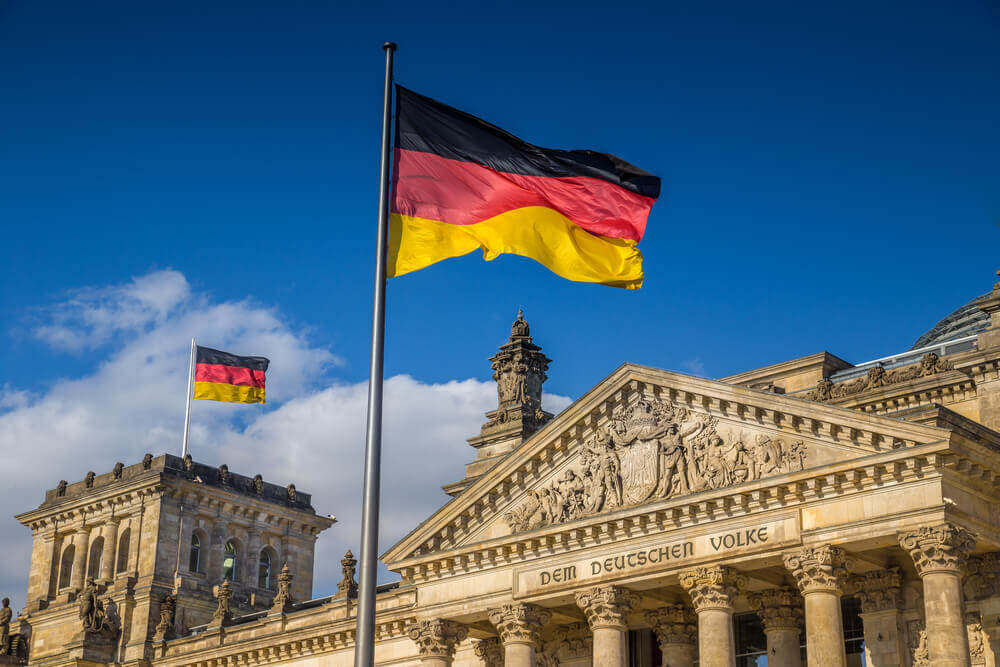
How Did the German Economy Grew Despite War and Epidemic?
Crisis in Ukraine and the pandemic created challenging economic conditions. According to figures released on Wednesday, the German economy expanded in the first quarter.
According to the Federal Statistics Office, Europe’s largest economy increased by 0.2 percent quarter on quarter and 3.8 percent year on year; it saw an adjustment for price and calendar impacts. According to a survey, growth would be 0.2 percent and 3.7 percent, respectively. After falling by 0.3 percent at the end of 2021, Germany averted a recession; characterized by two consecutive quarters of economic decline.
How did Germany Skip the Recession?
“Despite severe global economic conditions, the German economy began 2022 with modest growth,” stated Georg Thiel, president of the statistical agency. Consumer and government expenditure remained largely unchanged from the previous quarter; hence, exports were down at the start of the year; moreover, investments aided the economy’s recovery. Despite price rises, construction investments increased by 4.6 percent in the third quarter, buoyed by pleasant weather; meanwhile, machinery and equipment investments increased by 2.5 percent. In its spring estimate, the German government predicted 2.2 percent of total economic growth in 2022.
Country Minister Robert Habeck said the lower growth prediction did not account for a Russian oil embargo or blockade and that if either occurred, the economy would enter a recession. The euro zone’s first-quarter GDP data, of which Germany is the largest of 19 economies, will come later, on Friday. According to Commerzbank analyst Joerg Kraemer, companies and consumers are uneasy. “If Russian gas supplies were to be cut off, the resulting energy crisis would almost certainly result in a significant recession. At present, the economic risks are substantial.”




